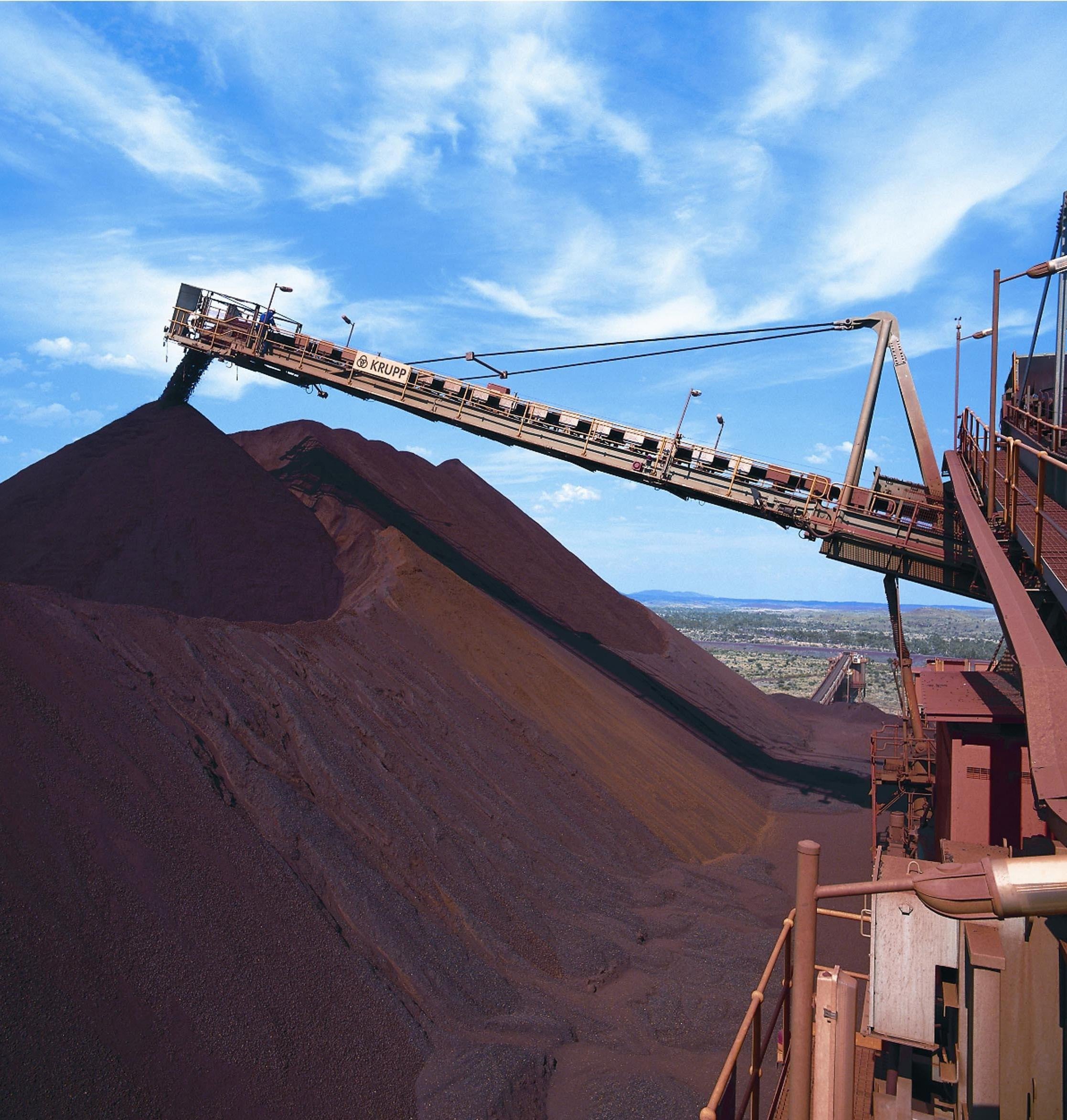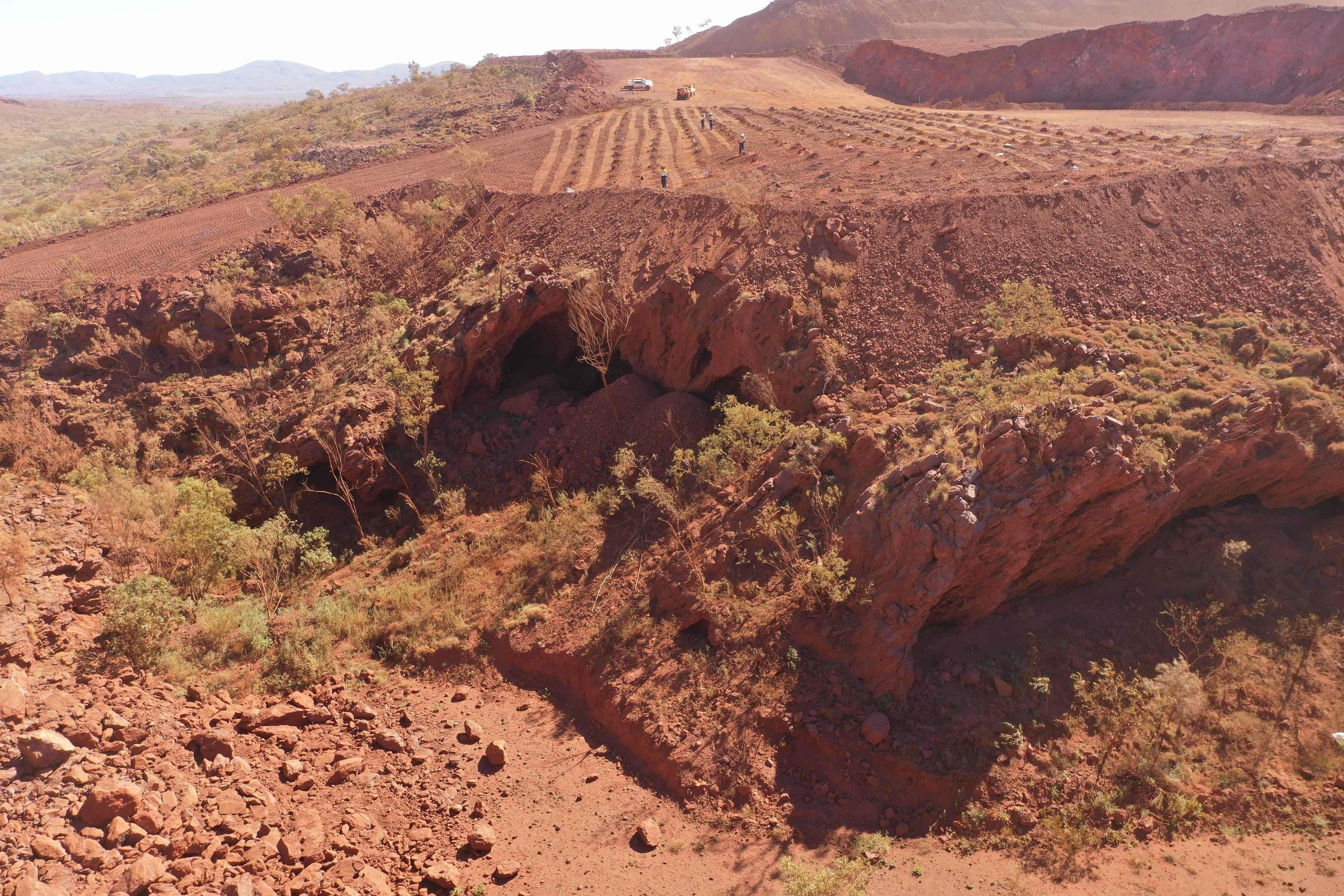Rio Tinto sees record profit on strong China demand and iron ore prices
Record results come nearly two years after the mining giant destroyed an Aboriginal site in Australia

Your support helps us to tell the story
From reproductive rights to climate change to Big Tech, The Independent is on the ground when the story is developing. Whether it's investigating the financials of Elon Musk's pro-Trump PAC or producing our latest documentary, 'The A Word', which shines a light on the American women fighting for reproductive rights, we know how important it is to parse out the facts from the messaging.
At such a critical moment in US history, we need reporters on the ground. Your donation allows us to keep sending journalists to speak to both sides of the story.
The Independent is trusted by Americans across the entire political spectrum. And unlike many other quality news outlets, we choose not to lock Americans out of our reporting and analysis with paywalls. We believe quality journalism should be available to everyone, paid for by those who can afford it.
Your support makes all the difference.Anglo-Australian minng firm Rio Tinto has reported its best-ever annual profit - $21.4 billion (£15.7 billion) - and a record full-year dividend of $16.8bn, boosted by higher iron ore prices and strong demand from top consumer China.
The stellar results cap a mixed year for the world’s biggest iron ore producer, during which demand for its mainstay product picked up with the global economy slowly recovering from the coronavirus pandemic but inflation and Chinese scrutiny on prices created headwinds.
Rio’s reputation suffered as it was caught in a scandal about poor workplace culture, Serbia shut down a lithium project, a promising growth area, and dealt with the continuing fallout of the Western Australia Aboriginal site saga.
In May 2020, Rio triggered a public outcry with the destruction of rock shelters in Western Australia that showed human habitation dating back 46,000 years, during iron ore mining operations.
The destruction of the Juukan Gorge rock shelters - against the traditional owners’ wishes - led to the exit of top executives and a pledge by the company to overhaul its approach.
Speaking about the results, annual Rio’s chief executive Jakob Stausholm, who took over the top job after the incident in Western Australia, said “the recovery of the global economy, driven by industrial production, resulted in significant price strength for our major commodities”.
Net cash generated from the iron ore producer’s operating activities improved 60 per cent on 2020 levels while profit after tax improved by 116 per cent.
“With the launch of our new strategy, we have set a new direction for Rio Tinto to thrive in a decarbonising world,” Mr Stausholm said.

“We have a portfolio that is well-positioned and are targeting disciplined investment in commodities that will see strong demand in the coming decades.”
The results come after an external review of the miner’s workplace culture released earlier in February outlined a culture of bullying, harassment and racism, including 21 complaints of actual or attempted rape or sexual assault over the past five years.
“We have become more humble and better listeners, both internally and externally as we extract the full learnings from Juukan Gorge,” Mr Stausholm said.



Join our commenting forum
Join thought-provoking conversations, follow other Independent readers and see their replies
Comments